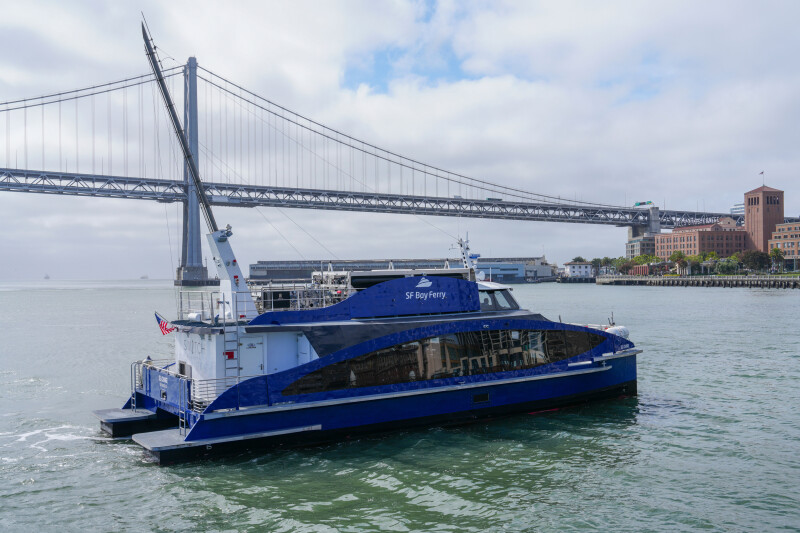Navigating the Challenges of Adopting Zero-Emission Vessels in Maritime Industry
Key Ideas
- San Francisco Bay Ferry successfully demonstrated a hydrogen-fueled vessel, Sea Change, showcasing its zero-emission capabilities to run at 10 knots with clean water as the only byproduct.
- Challenges such as limited hydrogen fuel availability, high costs, and uncertain supply chains hinder the widespread adoption of alternative fuels in the maritime industry.
- Companies are exploring alternative fuels like ammonia, hydrogen, methanol, and biodiesel, with growing interest and advancements in technology to transition from traditional diesel to cleaner options.
- Technological developments, such as Caterpillar's methanol dual-fuel engines and Cummins' methanol-ready engines, aim to provide fuel flexibility and future-proof assets for a sustainable maritime future.
The maritime industry is making strides towards zero-emission vessels powered by alternative fuels like hydrogen, methanol, ammonia, and biodiesel. San Francisco Bay Ferry's Sea Change, the first hydrogen-fueled vessel in the U.S., successfully operated on clean electrical power generated by fuel cells, showcasing its viability as a commercial zero-emission vessel. Despite the positive reception from the community, challenges such as limited hydrogen availability and high costs pose significant barriers to widespread adoption. Companies are investing in research and development of alternative fuels to address these challenges, with biodiesel and LNG serving as transitional fuels towards a sustainable future. Advances in technology, including Caterpillar's methanol dual-fuel engines and Cummins' methanol-ready engines, offer fuel flexibility and pave the way for a cleaner maritime industry. While the transition away from traditional diesel faces obstacles, the industry's commitment to exploring eco-friendly alternatives signals a positive shift towards reducing emissions and improving the environmental impact of maritime operations.
Topics
Maritime
Renewable Energy
Environmental Impact
Infrastructure
Alternative Fuels
Zero-emission
Maritime Industry
Vessel Technology
Ferry Services
Latest News
